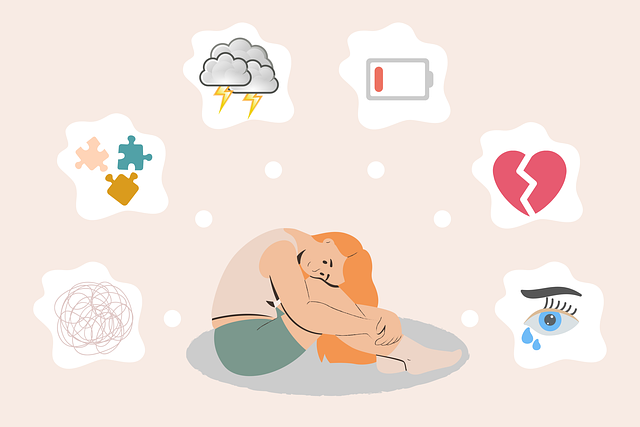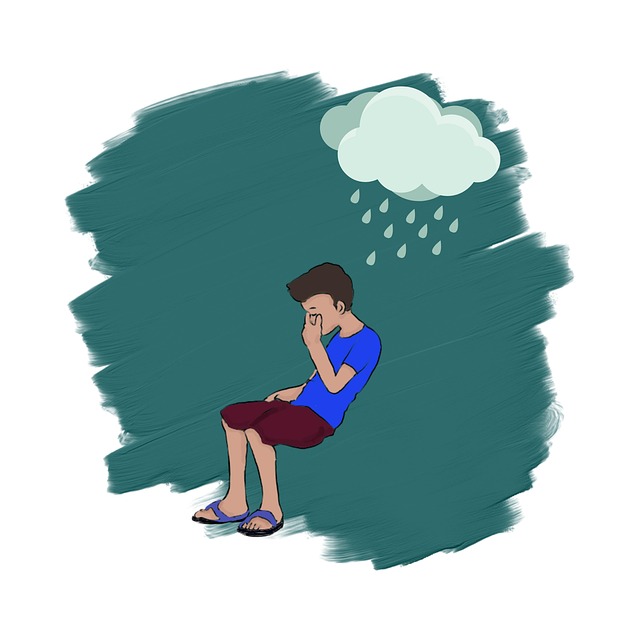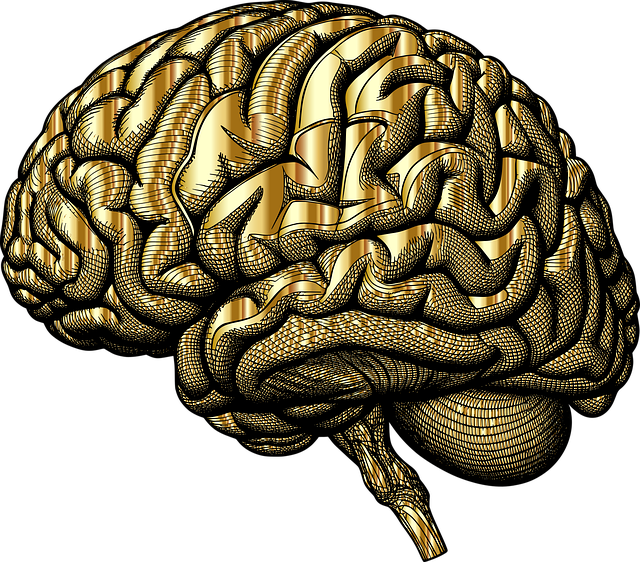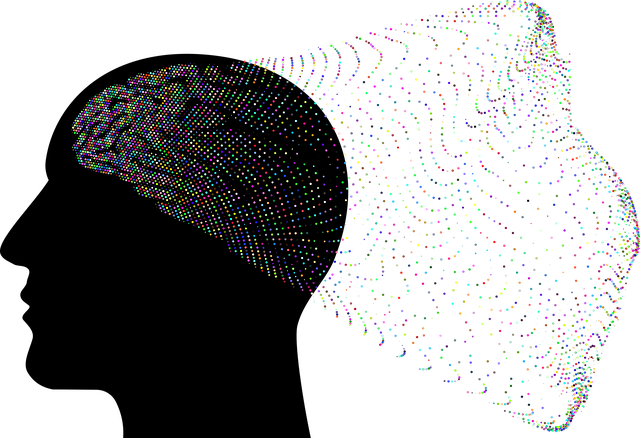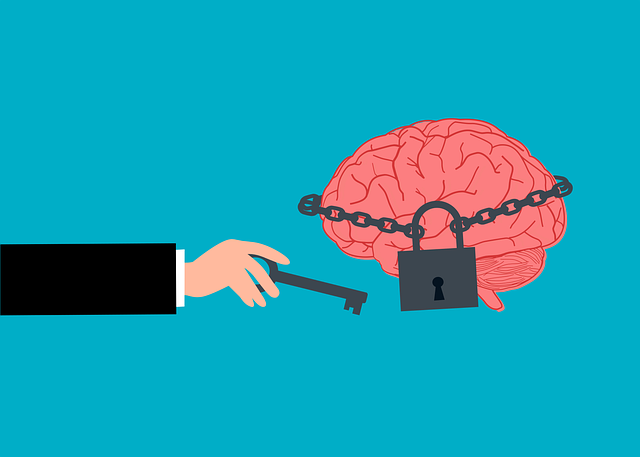Sexual addiction, characterized by intense, uncontrollable urges leading to significant distress and life impairment, requires understanding and effective education programs to combat stigma. Key strategies include open conversations, personal stories (with consent), factual information, and therapy for sexual addiction. Healthcare providers should use burnout prevention techniques, while public awareness campaigns encourage help-seeking behaviors. Integrated therapeutic approaches, such as cognitive-behavioral therapy (CBT) and motivational interviewing (MI), enhance recovery through mental wellness journaling and community outreach programs. Comprehensive mental health education promotes awareness, self-awareness, stress management, resilience building, and practical emotional well-being tools, including specialized workshops for specific concerns like therapy for sexual addiction. Advocacy and policy analysis foster open dialogue, dispel stigma, and create supportive environments for mental health at personal and community levels.
In today’s digital era, addressing mental health concerns like sexual addiction requires innovative approaches. This article explores program design for effective therapy, focusing on three key aspects: understanding sexual addiction, integrating therapeutic strategies, and creating comprehensive education initiatives. By debunking stigma and promoting awareness, these programs foster support networks crucial for recovery. Discover how tailored educational content can revolutionize care, offering hope and healing to those grappling with sexual addiction.
- Understanding Sexual Addiction: Debunking Stigma and Defining the Issue
- Integrating Therapeutic Approaches: Effective Strategies for Recovery
- Designing Comprehensive Education Programs: Promoting Awareness and Support
Understanding Sexual Addiction: Debunking Stigma and Defining the Issue

Understanding sexual addiction is a critical step in designing effective mental health education programs. This issue, often shrouded by stigma and misconceptions, requires careful definition to ensure accurate treatment and support. Sexual addiction, also known as sexual compulsion or hypersexuality, involves intense and recurring urges or behaviors that can lead to significant distress and impairment in various aspects of life. Unlike casual sexual desires, it is characterized by a lack of control, preoccupation, and persistence despite negative consequences.
By integrating empathy-building strategies into education, we can foster understanding and reduce stigma. This includes promoting open conversations, sharing personal stories (with consent), and providing accurate information about the nature of addiction—its causes, effects, and available therapy for sexual addiction. Additionally, healthcare providers should be equipped with burnout prevention strategies to offer consistent care. Public awareness campaigns development is another vital aspect in destigmatizing sexual addiction, encouraging help-seeking behaviors, and promoting resources like counseling or specialized programs designed to address this complex issue effectively.
Integrating Therapeutic Approaches: Effective Strategies for Recovery

Integrating therapeutic approaches is a key strategy for effective mental health education and recovery, especially when addressing complex issues such as sexual addiction. Combining various techniques allows for a holistic treatment plan tailored to individual needs. For instance, cognitive-behavioural therapy (CBT) can help individuals identify and challenge negative thought patterns related to their addiction, while motivational interviewing (MI) encourages internal motivation for behaviour change.
Additionally, incorporating mental wellness journaling exercises and community outreach program implementations can significantly enhance recovery. Journaling provides a safe space for self-reflection and emotional well-being promotion techniques, enabling individuals to track progress and gain insights into their experiences. Community outreach programs foster social connections, offering peer support and guidance that complements professional therapy for sexual addiction, ultimately contributing to more successful long-term recovery.
Designing Comprehensive Education Programs: Promoting Awareness and Support

Designing comprehensive mental health education programs is a multifaceted process that goes beyond mere information dissemination. Effective programs must promote awareness, foster self-awareness exercises, and equip individuals with practical tools for emotional well-being. By integrating topics like stress management, resilience building, and coping strategies, these initiatives empower participants to navigate their mental health journeys. Furthermore, addressing specific concerns such as therapy for sexual addiction through specialized workshops can cater to diverse needs, ensuring inclusive support.
Incorporating Mental Health Policy Analysis and Advocacy into education programs is vital to creating systemic change. Encouraging open dialogue about mental health issues helps dispel stigma and promotes understanding. Through interactive discussions, learners can explore societal influences on mental well-being, learn about existing Mental Health Awareness campaigns, and discover ways to contribute to policy development that prioritizes access to quality mental health services. This holistic approach ensures that education extends beyond individual awareness, fostering a supportive environment for mental health at both personal and community levels.
Mental health education programs play a pivotal role in addressing sexual addiction, offering crucial support and debunking associated stigmas. By integrating therapeutic approaches and designing comprehensive curriculum, we can foster understanding and effective recovery strategies. Recognizing the importance of early intervention and ongoing support, these programs are game changers in providing resources for those seeking help for sexual addiction, ultimately enhancing their journey towards healing and improved mental well-being.

